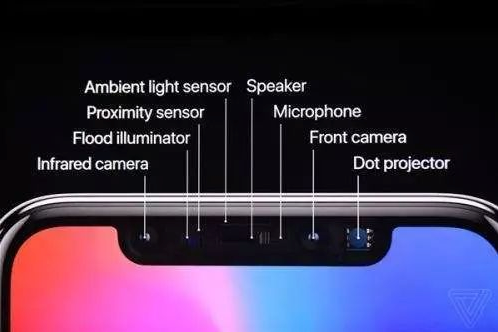
This article is brought to you by NetEase Smart Studio (public account: smartman163). Stay tuned for the next big era in AI and tech innovations!
[NetEase Smart News, December 11] Phil Schiller, Apple’s Chief Marketing Officer, recently sat down with the media to discuss a range of topics, including the iPhone X, Face ID, augmented reality, and smart home technology. His insights offer a deeper look into Apple’s strategy and how it approaches emerging technologies.
When it comes to Face ID on the iPhone X, Schiller highlighted that Apple's key advantage lies in the seamless integration of its entire iOS ecosystem. He explained that replacing the Home button required Apple to rethink several core functions, such as Siri, Apple Pay, and Touch ID. However, he emphasized that Face ID was implemented in a “very unique way†that solved all these issues effectively.
Interestingly, Schiller wasn’t shy about criticizing other smartphone manufacturers’ facial recognition systems. He said, “They are all very bad. They don’t work the way we need them to.†He pointed out that the Home button had evolved over time, first as a simple navigation tool, then expanding to include Touch ID, Siri, and Apple Pay. “We had to solve all those problems,†he added, noting that Face ID does this in a way that others cannot.

Schiller also addressed concerns around privacy, particularly regarding Face ID and access to the TrueDepth camera. He stressed that Apple takes user data security seriously, stating, “No face recognition data is sent to third parties.†The facial data used for Face ID is encrypted within Apple’s Secure Enclave module, ensuring that users' biometric information remains private and secure.
He further clarified that while third-party apps can access some data, they must go through a strict review process before accessing any sensitive information from the TrueDepth camera. “Developers must understand their privacy policies and what they’re using facial data for. You always have control over your data,†he said, reinforcing Apple’s commitment to user trust.
Regarding virtual and augmented reality, Schiller shared Apple’s approach. While the company has focused on bringing VR extensions to macOS, he admitted that the current consumer market for VR isn’t yet large. However, he believes it’s crucial for content creators to develop VR experiences on Apple devices. “Our first step is to enable VR development on Apple computers,†he said.

On the other hand, Schiller expressed more optimism about augmented reality (AR). He called it a “technology with incredible mainstream potential,†suggesting it could revolutionize almost every major software category. “AR brings digital information into the real world,†he said, highlighting its transformative power.

Finally, Schiller discussed the delayed release of the HomePod, explaining that Apple needed extra time to ensure quality. He described the device as a key part of Apple’s smart home vision. “Our goal is for you to walk into a house where the HomePod is already there. You can say, ‘Turn on the lights,’ or ‘Close the curtains,’ and it will do exactly what you ask,†he said. “It will play a vital role in our future smart home ecosystem.â€
Stay connected with NetEase Smart Studio (smartman163) for the latest updates on artificial intelligence and the future of technology.
Rhenium Alloys,Tungsten Rhenium Wire,Rhenium Alloys Composition,Tungsten Rhenium Alloy Density
Shaanxi Xinlong Metal Electro-mechanical Co., Ltd. , https://www.cnxlalloys.com